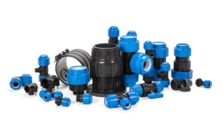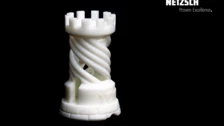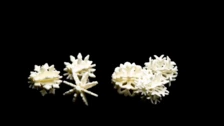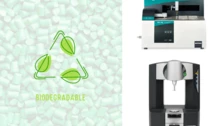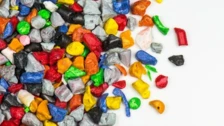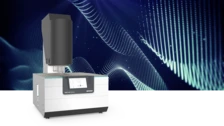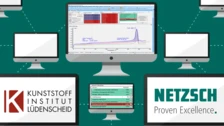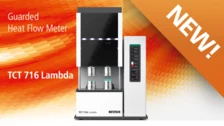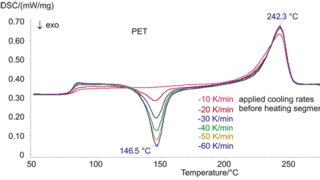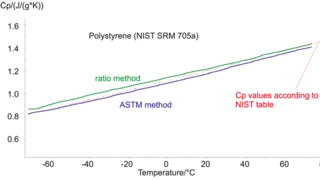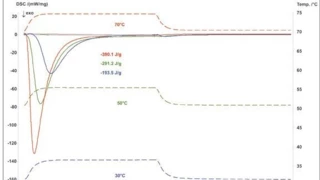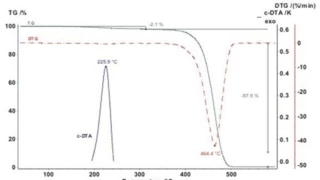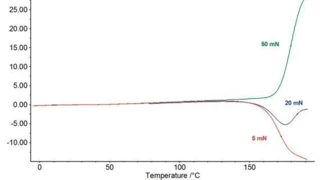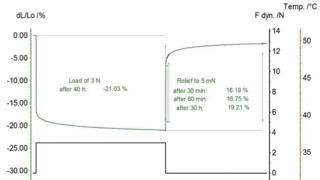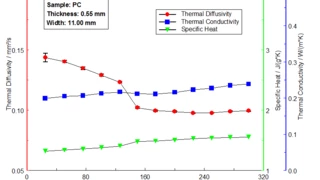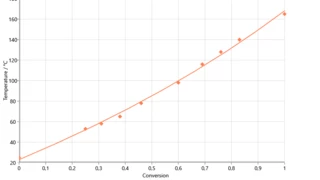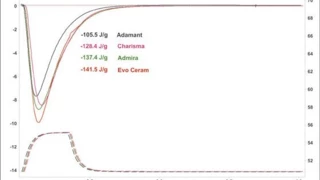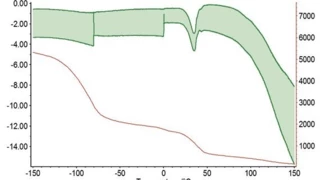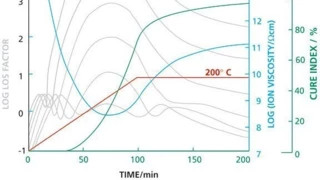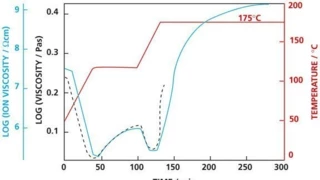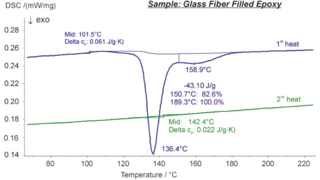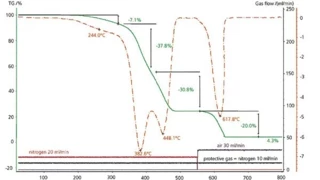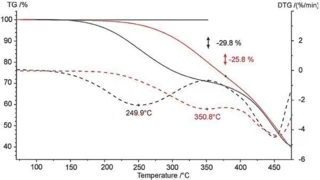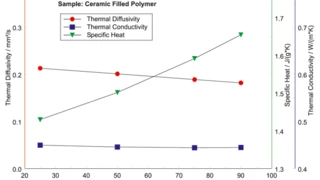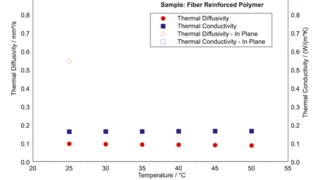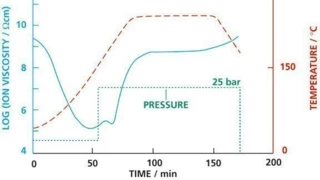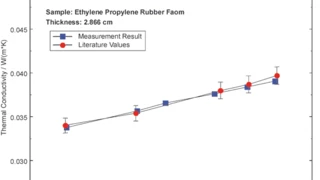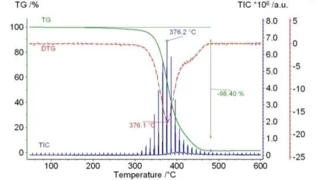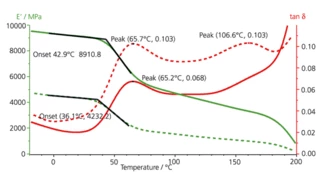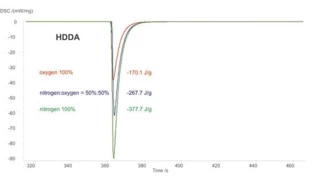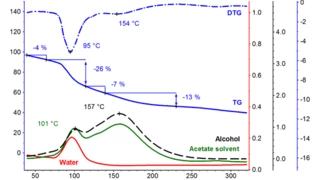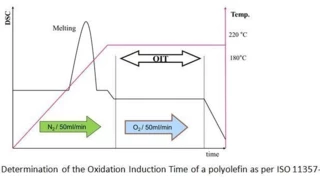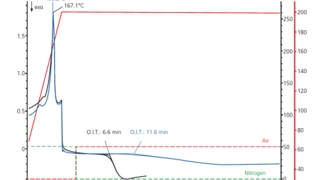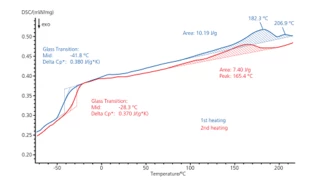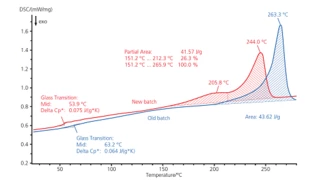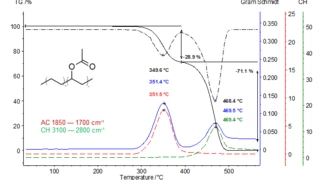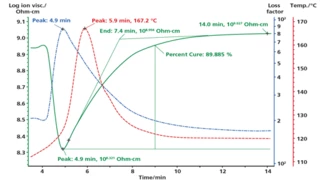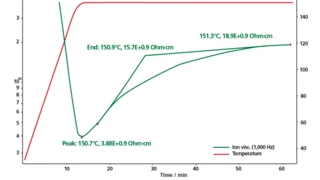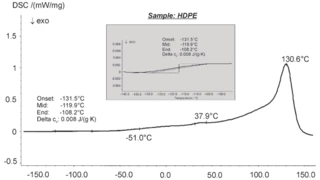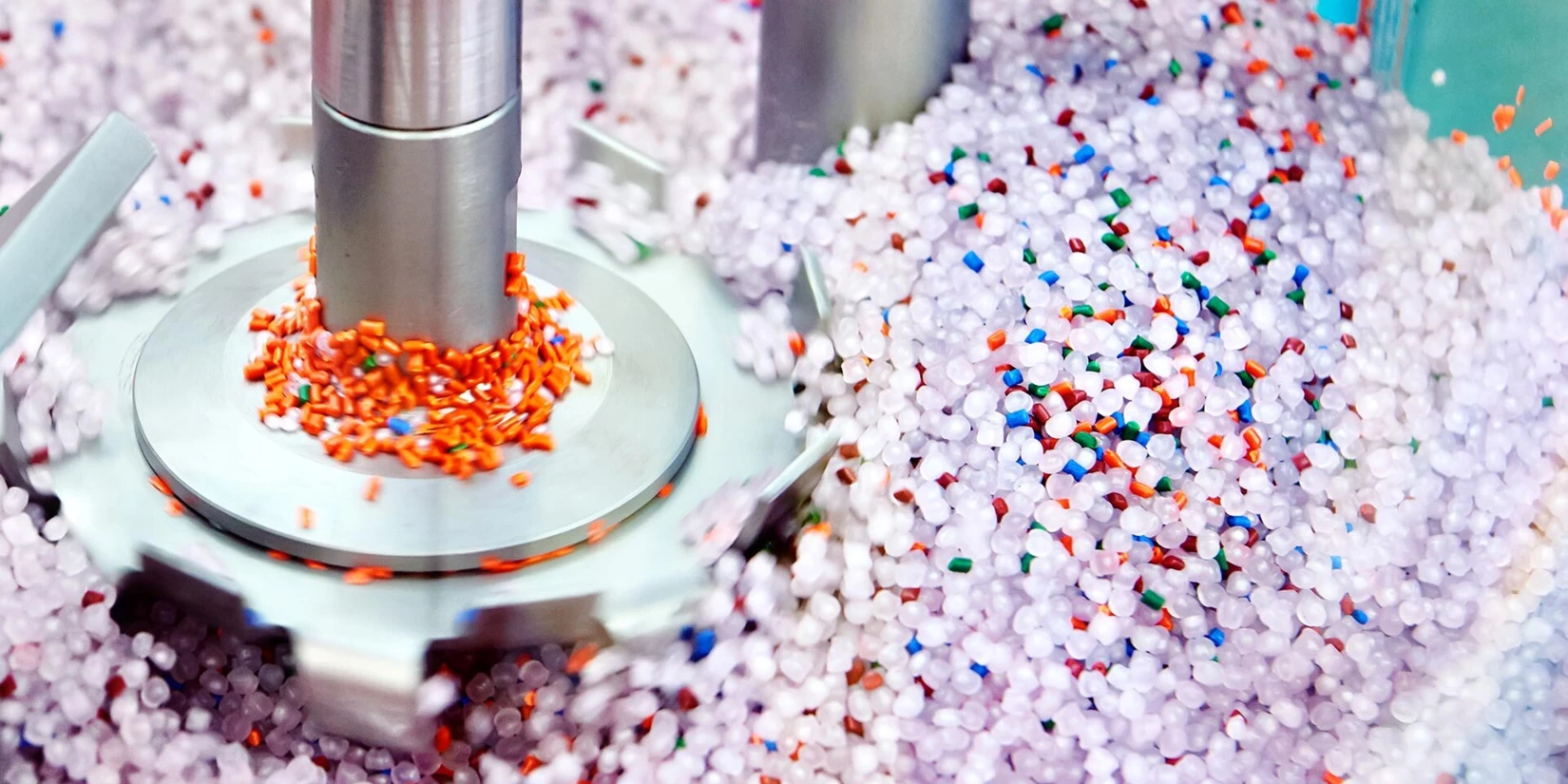
applications
ポリマー / 高分子材料
我々の熱分析装置は熱可塑性プラスチックの溶融・結晶化、ガラス転移温度、熱安定性、ゴム混合物の組成、熱硬化性材料の硬化挙動、異方性複合材料のE弾性率値など材料の熱特性データを測定することが出来ます。
ポリマーは一般的に、熱可塑性樹脂、エラストマー、熱硬化性樹脂の3つに大別されます。これらの熱特性は、製品開発、品質保証、不良解析、プロセス最適化などの分野で、当社の熱分析測定システムを用いて測定することができます。


„The plastics industry is driven by a constant stream of fast-paced innovation.
It transforms cars into lightweights enabling fuel efficiency and e-drives, it puts a camera in every smartphone through inexpensive production of complex optical lenses, it is a key driver of the 4th industrial revolution of Additive Manufacturing, and much more.
Our products for thermal and rheological analysis of plastics have provided our customers with some of the key tools needed for this innovation. We thrive to continuously support the industry by improving our instruments and offering our expertise in polymer analysis.“
Thermal Analysis and Rheology in the Plastics Industry
During processing, polymers are typically heated to make them flow into a new shape and then cooled to solidify. Therefore, both the material behavior as a function of temperature and their flow behavior need to be understood.
To obtain the desired product properties, functional additives and fillers are compounded into a base polymer and the effectiveness of these modifications needs to be studied.
Last but not least, plastic products undergo various temperature changes during their service life and their behavior under these thermal conditions needs to be known during the part design stage.
All of this can be understood using Thermal Analysis and Rheology equipment. We at NETZSCH Analyzing & Testing have the right devices and methods to get the job done.
Additive Manufacturing with Polymers
Additive Manufacturing (AM) or 3D printing has matured over the last decades and has become a constant in our product design and development cycles and is debuting in more and more new products.
Polymers and their unique properties are key enablers for the majority of AM technologies – ranging from low viscosity, UV curable resins to polymer powders with distinct melting and CrystallizationCrystallization is the physical process of hardening during the formation and growth of crystals. During this process, heat of crystallization is released.crystallization behavior.
To develop and select suitable materials, optimize processing and processes and analyze the finished products, understanding the material-process interactions through thermal analysis and rheology methods are instrumental.
We at NETZSCH Analyzing & Testing can help you identify the most suitable device and method for your needs.
Plastics Circular Economy
In a circular economy we use the most suitable resources and materials, keep these resources in use for as long as possible, extract the maximum value from them whilst in use, and then recover and regenerate materials at the end of their service life or make sure they decompose without harm to the environment.
The unique characteristics of plastics enable them to play a major role on the path to such a more sustainable and resource efficient future. Lightweight, versatile and durable plastics can help save key resources such as energy and water in strategic sectors that include packaging, building and construction, automotive and renewable energy, to only name a few.
We at NETZSCH Analyzing & Testing have technologies that improve the identification and re-processing of recycled waste, help analyze microplastics and enable the development and processibility of bioplastics.
NETZSCH for Educators
Introductory course slides for thermal analysis and rheology on plastics
We have created an extensive set of introductory course slide decks that can be used by professors and other educators involved in teaching polymer classes. This service is free of charge.
応用文献


